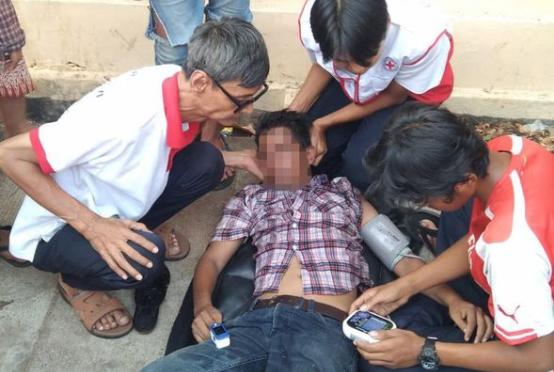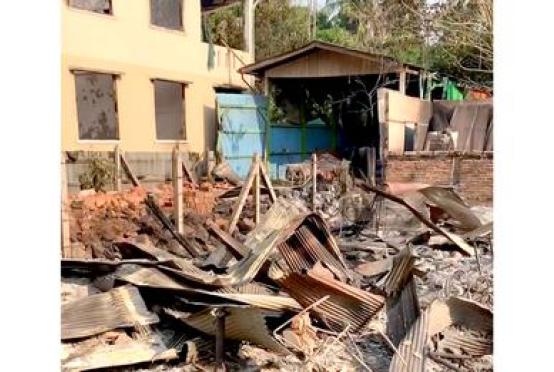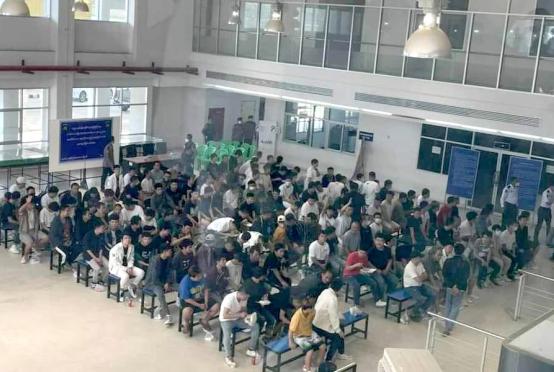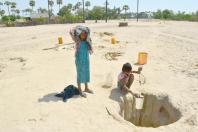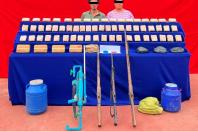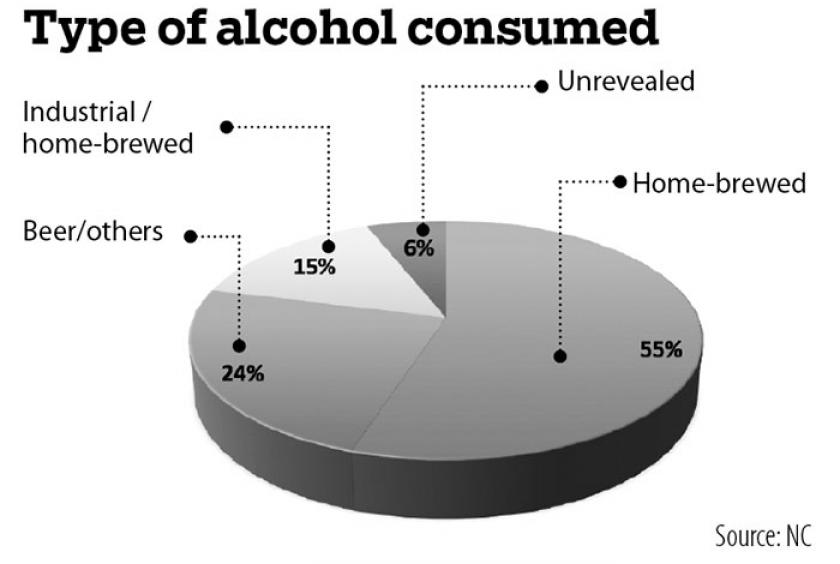
Thimphu (Kuensel) - National Council members Tuesday called for a detailed study on harmful use of alcohol stating that the review report being deliberated at the house was limited to eight dzongkhags.
Members suggested that as per the report, it appears that alcohol consumption issue was focused only in one region where 732 samples were collected randomly from 28 gewogs in eight dzongkhags of which three are in the east. The number of respondents from the eastern dzongkhags was higher, which members said, would skew the findings.
While few suggested curbing imported alcohol, the house suggested that production of locally brewed alcohol and industrial alcohol be cut as well to address the issue. Some suggested increasing the legal drinking age from 18-years-old while a suggestion was made to increase tax on imported alcohol and to also deliberate on the duty free quota for imported alcohol.
The National Council resolved to incorporate suggestions from the members and resubmit the final recommendations for adoption during the deliberation on issues related to harmful use of alcohol yesterday. Members called on the government to address the root cause to alcohol problems, provide adequate support for rehabilitation and the need for a lead agency for alcohol control.
The good governance committee tabled the review report and submitted five recommendations to curb the issues.
It was pointed out that rehabilitation and aftercare services are only available in urban centres making it difficult for rural people to avail the facilities.
It was reported that as of November 30, 2017 there are 4,118 bars, 15 licensed alcohol industries (12 large scale and three medium scales) as of August 31, 2018. It is estimated that the per capita alcohol consumption among Bhutanese is 8.47 liters, higher than the global consumption of 6.2 liters.
According to the report, alcoholic liver disease continues to be the leading cause of death. Between 2015 and 2017, a total of 514 people died due to alcohol related diseases.
The report found that a total of 6,529 traffic offences were related to drink driving from 2016 to September 2018 and that zero tolerance have had little effect. The number of entertainment places like drayangs, discotheques, karaoke, and snooker parlours have increased over the years (400), of which 153 were in Thimphu alone.
As per the National Health Survey 2012, Pemagatshel has the highest percentage of alcohol users (53 percent), followed by Zhemgang (49 percent), and Mongar (41 percent).
Pemagtshel NC Choining Dorji said that the highest consumption in the east could probably because of the lack of rehab centres, which is why it is important to have equal distribution of rehab centres. “Although we implement strict rule on local alcohol, it doesn’t serve the purpose because industrial and imported alcohol are readily available,” he said.
Gasa NC Dorji Khandu emphasised on self-sufficiency by producing local products and rural people could continue to brew local alcohol from the nine cereals. The report, he said, do not reflect that those who died from alcohol were only those who consumed locally brewed alcohol.
“Why restrict only locally brewed alcohol?” Dorji Khandu said. “There is a need for a separate act to look only into alcohol and lead agency for alcohol control.”
Sharing the success story of banning of alcohol offering at events in Mongar, Mongar NC Sonam Pelzom said that letting people brew alcohol would mean encouraging its production.
“We’ve many other ways to make use of nine cereals. Instead, government should come up with ways to create opportunities to market their products.”
Chairperson Tashi Dorji reminded the house that the main objective of the report is to look into solving the root cause of alcohol, be it local or industrial or imported and not between locally brewed and industry produced alcohol.
Sarpang NC Anand Rai said that to curb local alcohol, the government should first restrict local alcohol production and then the industrial products.
http://www.kuenselonline.com/council-calls-for-a-lead-agency-on-alcohol-...

